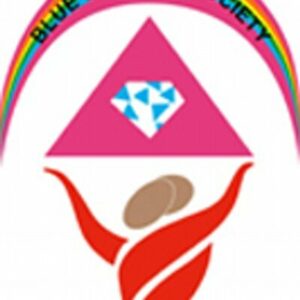
Neither heroines nor victims: Women migrant workers and changing family and community relations in Nepal
Description Pourakhi, an organization established by women returnees in 2003,

Description Pourakhi, an organization established by women returnees in 2003,

Pourakhi, an organization established by women returnees in 2003, has collected more than 1,700 case studies on returnee women migrant workers in Nepal. This paper delves into 307 of these, as well as a consultation with 14 returnee migrant women from 14 districts, to better understand the reintegration process. Rather than focusing on a (necessary) critique of labour markets and on the high human, social and financial costs of migration, this study aims at giving voice to the subjectivities of migrant women in Nepal, as less attention has been paid to this aspect. It unpacks their reasons for undertaking international migration and their struggle for capability to secure a livelihood in the context of globalization.

This case study explores the relationship between socioeconomic opportunity and exclusion in relation to minority gender and sexualities in Nepal.

The Blue Diamond Society was established in 2001. Working for sexual minorities in a conservative country like Nepal which still disapproves sexual behaviour other than heterosexual and therefore people like us was extremely challenging.

The International Center for Research on Women (ICRW) and Plan International conducted a baseline study in five Asian countries: Cambodia, Indonesia, Nepal, Pakistan and Vietnam, as part of a programme to address School Related Gender based Violence (SRGBV). This study collected quantitative and qualitative data to establish benchmarks on the nature, extent and response to SRGBV for the proposed pilot projects in the five countries that will be evaluated to create an evidence base for further advocacy on creating an institutionalized response to SRGBV in the region.

This report examines the role of gender in peacebuilding in Nepal, which emerged from a ten-year civil war in 2006.

This study and video by Georgetown’s Institute for Women, Peace and Security explore how gender-based discrimination and legal barriers amplified the adverse impacts of conflict and the earthquake on women in Nepal.

A report of participatory learning research in selected districts in Eastern Nepal, exploring notions of masculinities among young men and boys, how these notions shape their relationships towards others, and young men’s experiences and attitudes towards violence, including SGBV.

This study aims to fill evidence gaps by quantifying the levels and consequences of violence against women (VAW) and cataloging women’s experiences in seeking help. The study also assesses knowledge and attitudes amongst a wide range of stakeholders regarding policies and services that seek to address VAW in Nepal.

Empowering Adolescent Girls in Developing Countries explores the detrimental impact of discriminatory gender norms on adolescent girls’ lives across very different contexts. Grounded in four years of in-depth research in Ethiopia, Nepal, Uganda and Viet Nam, the book adopts a holistic approach, recognising the inter-related nature of capabilities and the importance of local context.